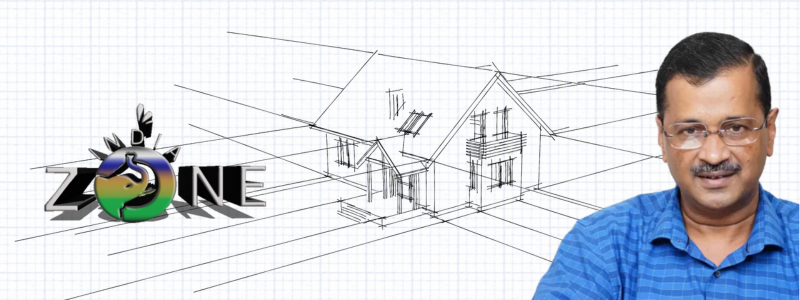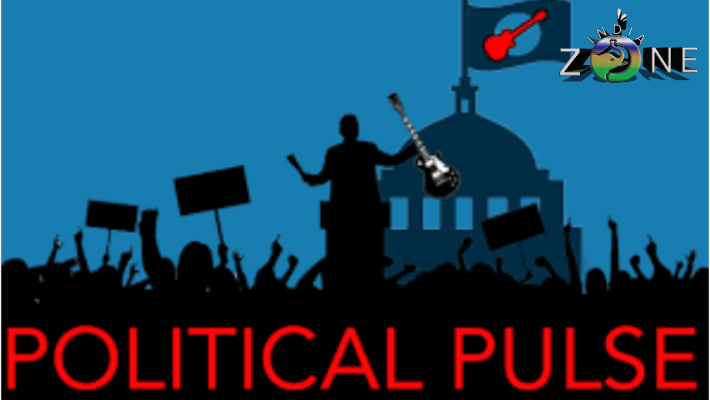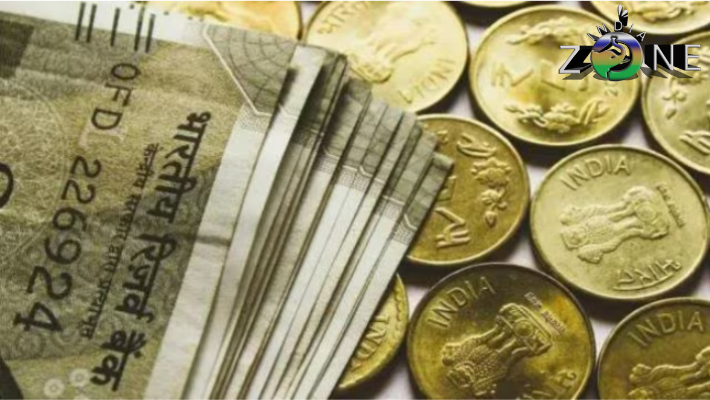
Tomorrow, the Delhi High Court will hold a major hearing on the petition that Delhi Chief Minister Arvind Kejriwal filed. Kejriwal is contesting both his detention by the Enforcement Directorate (ED) and the six-day remand order that was placed on him after it was claimed he was involved in money laundering. The case at hand is connected to alleged anomalies in the scope of the liquor policy.
Judge Swarana Kanta Sharma will oversee this upcoming court review; she is scheduled to begin presiding over the hearings at 10:30 AM. Naturally, the legal arguments made by Kejriwal’s defense team in opposition to the ED’s actions—as well as any rebuttals offered by the prosecution—will take center stage throughout the hearing.
When the ED detained Kejriwal on March 21, that is when the history of this well-known case began. After Kejriwal was arrested, a trial court considered the facts and the evidence that the ED had provided and decided to hold Kejriwal in their custody. This remand was set to expire on March 28, giving the ED more time to look into Kejriwal’s suspected linkages to the money laundering schemes associated with the liquor policy fraud.
Political watchers, the public, and those directly involved in the case are all eagerly awaiting the hearing because of its potential impact on governance and the establishment of precedent for handling cases involving allegations of policy manipulation and corruption.
The Aam Aadmi Party’s (AAP) legal team claims in its lawsuit that Arvind Kejriwal’s arrest and subsequent detention were illegal. They argue that Kejriwal ought to be freed right away as a result. Following Kejriwal’s detention by a federal investigative agency and his subsequent appearance before a trial court, this legal action was taken. Shortly after a two-judge Delhi High Court panel declined to grant interim orders shielding him from coercive tactics, he was arrested.
Kejriwal’s noncompliance with nine summonses from the Enforcement Directorate (ED), a primary investigative body for financial matters, is part of the background to this legal drama. Furthermore, Manish Sisodia and Sanjay Singh, two well-known AAP leaders, are also involved in the same case and are being remanded in judicial custody. The contentious nature of the allegations and the replies to them is shown by this circumstance, which highlights a substantial legal and political struggle involving prominent members of the Aam Aadmi Party and central investigating authorities.
Arvind Kejriwal immediately challenged the validity of his incarceration in a pressing Supreme Court appeal that he filed after being placed under jail. This petition was withdrawn earlier today, which is a noteworthy development that suggests a potential change in legal tactics or a reevaluation of the method for challenging his arrest.
Apart from his recent suit to the Supreme Court, Kejriwal has been vigorously challenging the central probe agency’s operations on various other fronts. He had already filed a case in the Delhi High Court contesting the agency’s summons against him. In an effort to legally challenge and seek protection against what he believes to be coercive acts by the investigating agency, he has also filed for interim protection against these summons.
The subject is slated for a hearing on April 22, signaling that this legal and political story surrounding Kejriwal’s challenges against the activities of the central investigative agency is far from over. This judicial struggle is expected to continue.These developments, which mirror broader tensions and disputes within the political and judicial realms, underscore the intense legal clashes between Kejriwal and the investigating agencies.
The Enforcement Directorate (ED) filed two criminal cases at the city’s Rouse Avenue Courts, marking the beginning of serious legal proceedings against Arvind Kejriwal. The main focus of these accusations was Kejriwal’s supposed noncompliance with the summons that were sent to him; this topic has since become a contentious one. Kejriwal, on the other hand, has opted to disregard these summonses, defending his noncompliance with the claim that they were issued unlawfully.
The application of an excise policy is central to the ED’s accusations against Kejriwal. The ED claims that this policy was implemented as a consequence of a plot to unfairly benefit some private companies by giving them a 12 percent wholesale business profit margin—a clause that was conspicuously missing from the official minutes of the Group of Ministers (GoM) meetings. The ED has presented Kejriwal as the main character or “kingpin” of this purported plot within the parameters of these accusations.
There are important ramifications to this picture of Kejriwal as the brains behind a plot to sway public policy in favor of commercial interests. It casts doubt on the fairness of the policy-making process and puts Kejriwal at the center of a scandal involving possible corruption and misuse of authority. These developments highlight the complicated relationship between politics, policy, and law enforcement in this ongoing tale, and they are indicative of the intense scrutiny and legal issues facing Kejriwal.
With regard to the excise policy case, the central investigating agency has intensified its accusations, asserting that there is a deliberate plot to influence the market in favor of particular wholesalers. The agency claims that Vijay Nair, who was allegedly collaborating with other people and a group known as the South Group, is at the center of this plot. According to the agency’s claims, the conspiracy’s goal was to give wholesalers unusually high profit margins that were also unreasonable within the norm for competition and regulation.
Allegations made by the Central agency point to a convoluted network of cooperation and plotting involving, among other people, Vijay Nair and an organization known as the “South Group.” These people are charged with gaming the system to guarantee atypically high profit margins for distributors. The agency claimed that Vijay Nair was acting on behalf of Chief Minister Arvind Kejriwal and Manish Sisodia rather than on his own initiative.
This charge suggests a concerted attempt to undermine established operational protocols in order to obtain financial advantage, signifying a betrayal of confidence and possible abuse of authority. High-profile politicians like Manish Sisodia and Chief Minister Arvind Kejriwal are allegedly involved, which raises serious concerns about governance and the application of laws meant to stop these kinds of abuses.
The agency’s allegations highlight the need for careful scrutiny and accountability in public service as they point to a systematic endeavor to enrich certain organizations at the expense of the general public or state resources.












